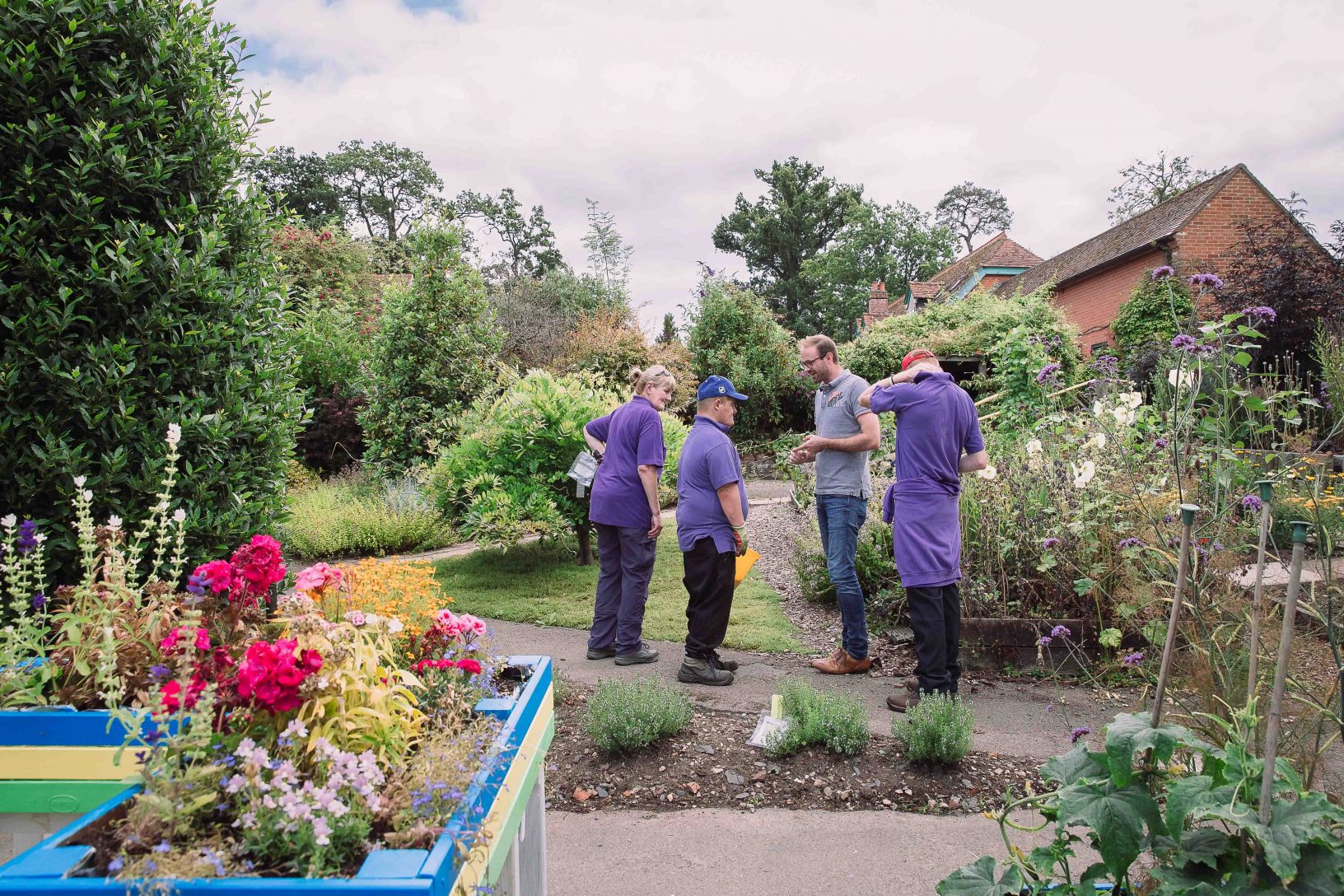

As we are all aware, our nation’s health is in decline. Health and social care sectors are stretched with growing demand, highly limited resources and lengthening waiting lists. This is unsustainable, and we need new approaches to change the day-to-day realities and challenges of people living with ill health and disabilities up and down our country.
Prime Minister Sir Keir Starmer announced this week that NHS England (NHSE) is to be scrapped. While we welcome a healthcare reform, we are deeply concerned about what this means in practice. Many charities are concerned that insufficient investment will continue to be targeted to community services and prevention, and whether the sentiments will address the known issues.
Social prescribing recognises that people have health and social challenges beyond what can be resolved medically and matches people with services in their community that can meet their needs.
This supports the NHS and GPs who are often faced with patients who are, for example, isolated or lonely.
Social and Therapeutic Horticulture (STH) can reduce the burden on the NHS and social-care sector, helping people at risk of or experiencing all major conditions. Crucially it does all this outside of a hospital setting and comparatively cheaply in a positive environment. Green Social Prescribing (GSP) is taking off and the outcomes have been positive, the recent Cross Government Green Social Prescribing pilot programme found participants:
To drive exponential growth and maximise the benefits of Social Prescribing within the STH sector, we need to:
We’re proud to be working with so many amazing partners and play our part in addressing these challenges. As one of several referral pathways to STH programmes, social Prescribing provides an incredible opportunity to enable many more people to access the health benefits of STH. We’re excited to see what the coming year brings!
